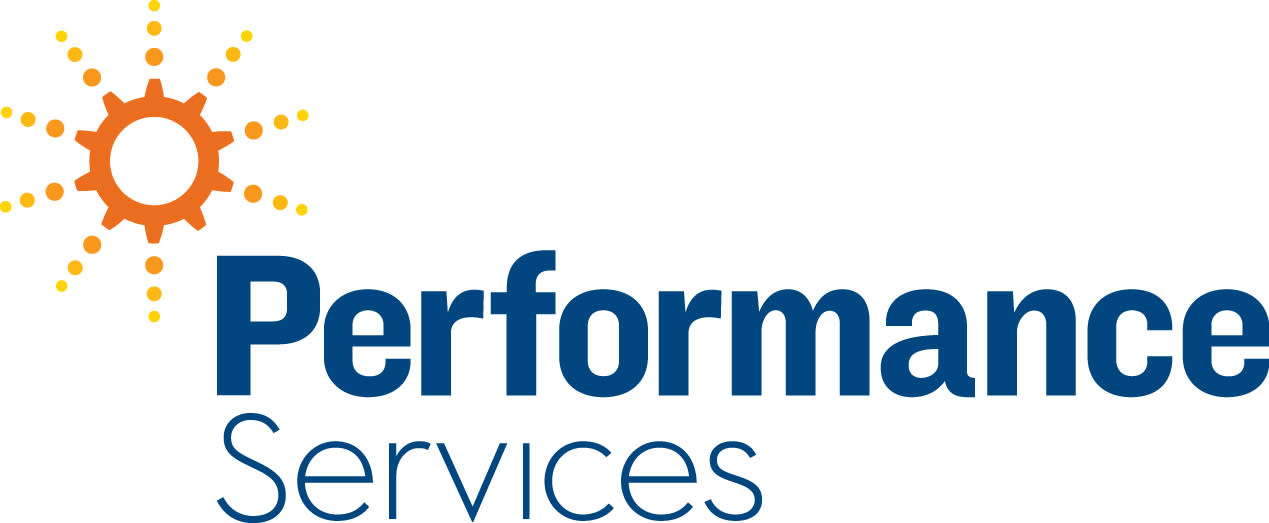The U.S. Department of Commerce's National Telecommunications and Information Administration (NTIA) announced that it is requesting public comment on a wide range of policy and program considerations associated with new broadband grant programs authorized and funded by the Infrastructure Investment and Jobs Act, also known as the Bipartisan Infrastructure Law (BIL): the Broadband Equity, Access, and Deployment Program, the Enabling Middle Mile Broadband Infrastructure Program, and the State Digital Equity Planning Grant Program.
The BIL provides $65 billion to expand broadband in communities across the U.S. Of those funds, $48.2 billion is allocated to NTIA to deploy broadband to unserved and underserved locations, create more low-cost broadband service options, deploy middle mile infrastructure, and address the digital equity and inclusion needs in our communities. To fulfill the goals of the statute, NTIA is interested in input on the program design, policy issues, and implementation considerations for these new programs. Commenters are encouraged to address any or all the questions enumerated in the Request for Comment that is available here: ntia.gov/other-publication/2022/.... Written comments may be submitted to regulations.gov by 5 p.m. Eastern Standard Time on February 4, 2022. All comments submitted will be posted publicly on regulations.gov.

